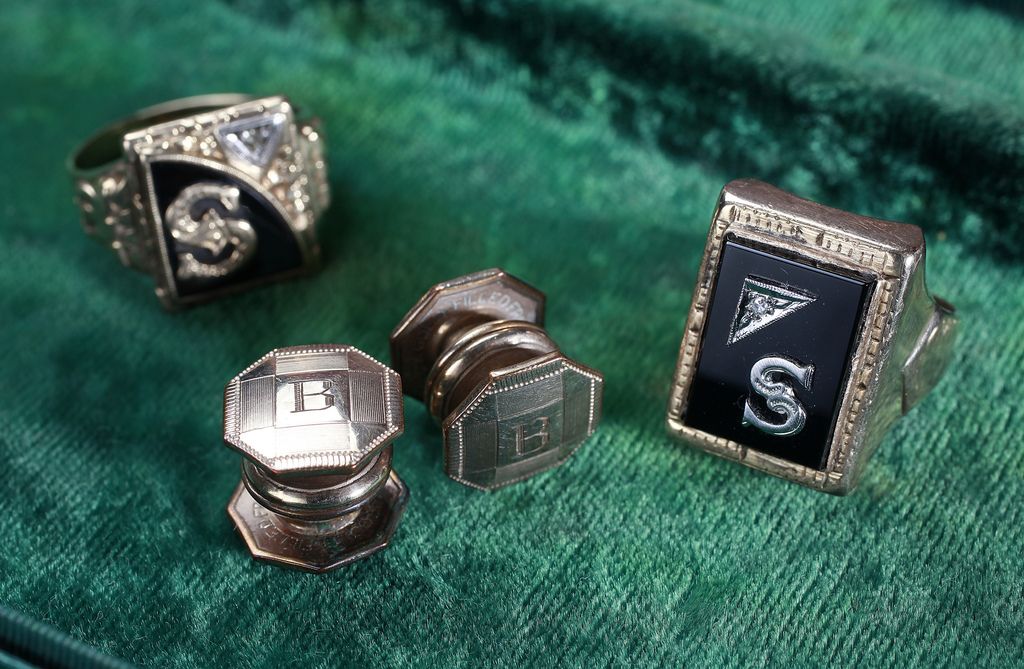Las Vegas’ the Mob Museum has started an exhibition with different items from the 1940’s Flamingo Casino and the renowned gangster who initiated it, Benjamin Bugsy Siegel. He was a NY organized crime figure, and Siegel was in Las Vegas and Hollywood representing his syndicate members. Siegel maneuvered his path into the Flamingo project, initiated by the owner of a Los Angel’s nightclub and founder of Hollywood Reporter Billy Wilkson.
The Flamingo opened its door first on Dec 26, 1946. It was formed on a highway severed through the desert south of Las Vegas downtown. Today, the highway has become the Las Vegas Strip. It is now packed with sky-scraping hotel-casinos. The Flamingo is located in the same place. However, its all-other original buildings have been abolished.
Death of the Ster
When the hotel opened, construction of the hotel was not been completed then. Some issues impeded the construction. By the starting of the summer, Siegel would be dead at his girlfriend in Beverly Hills. The gunman sent to kill him was firing outside the house but has not been recognized ever. Some think Siegel’s partners of underworld gangs, being unhappy with his ruling, blueprinted the hit.
Very soon after the killing, with other mobsters, Moe Sedway took the reign of the Flamingo. The exhibition at the Mob Museum started early this month and will continue until Jan 10. The display has included a down payment check which Wilkerson wrote to buy the property where the Flamingo was established. Also on exhibition is a document that Siegel himself signed. He signed the document to remove Wilkerson from any type of attachment with the Flamingo. The piece of document is dated March 19 of 1947. Only three months before his death at the age of 41.
In an official video clip the Mob Museum shared on Facebook Thursday, a crime reporter, Pileggi tells his story about how he was able to convince Frank Rosenthal, a Chicago Outfit associate to talk with him about the era. At that time, Rosenthal ran Las Vegas casinos on behalf of Midwestern mafias.



